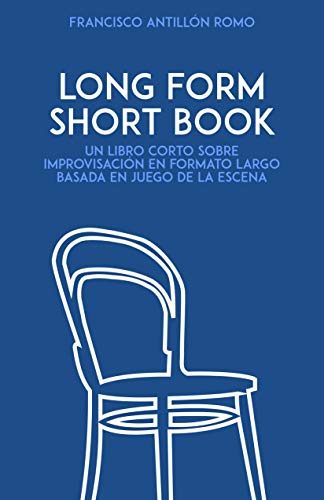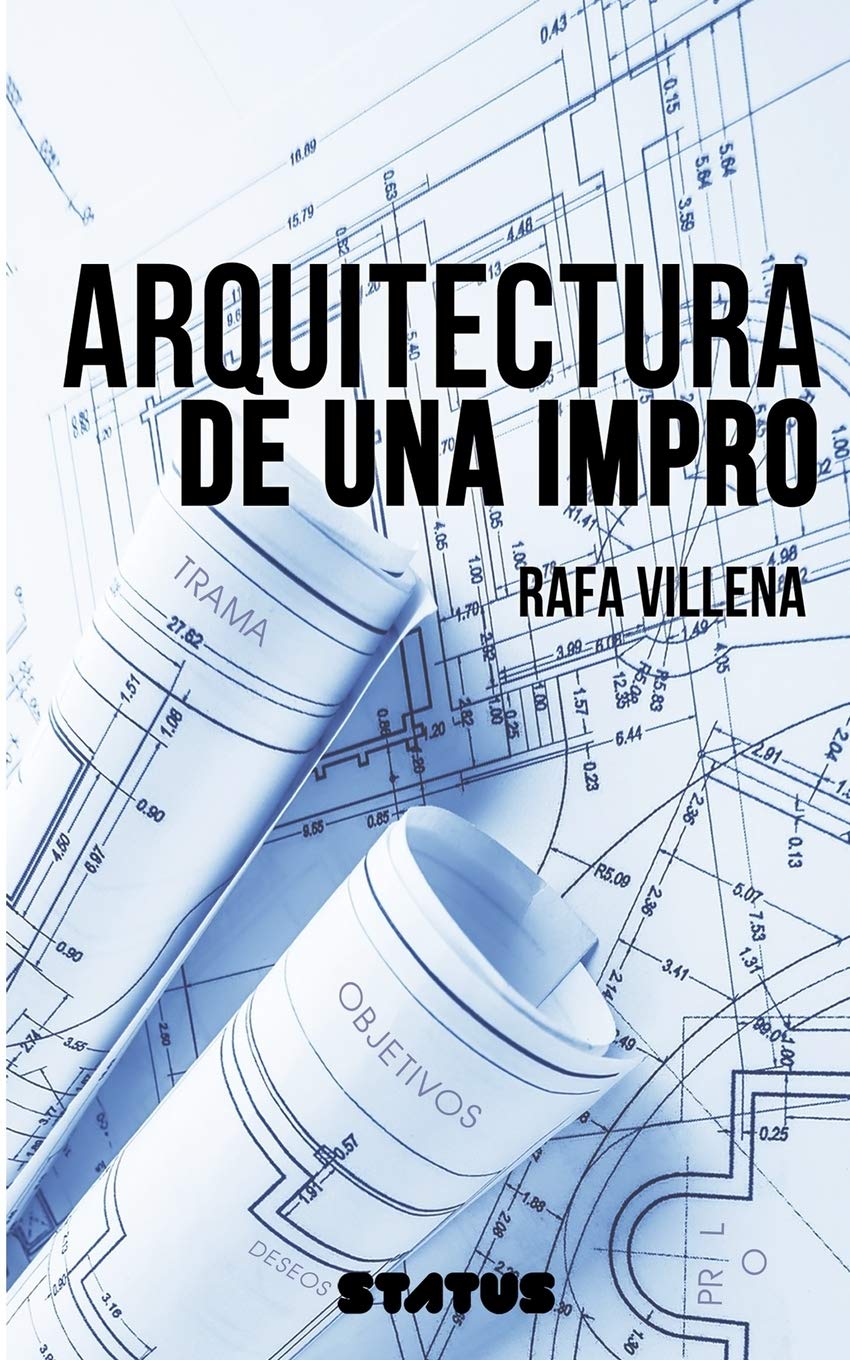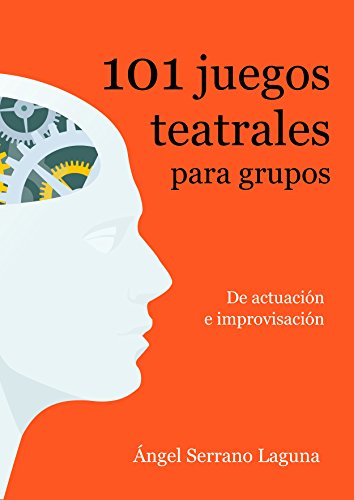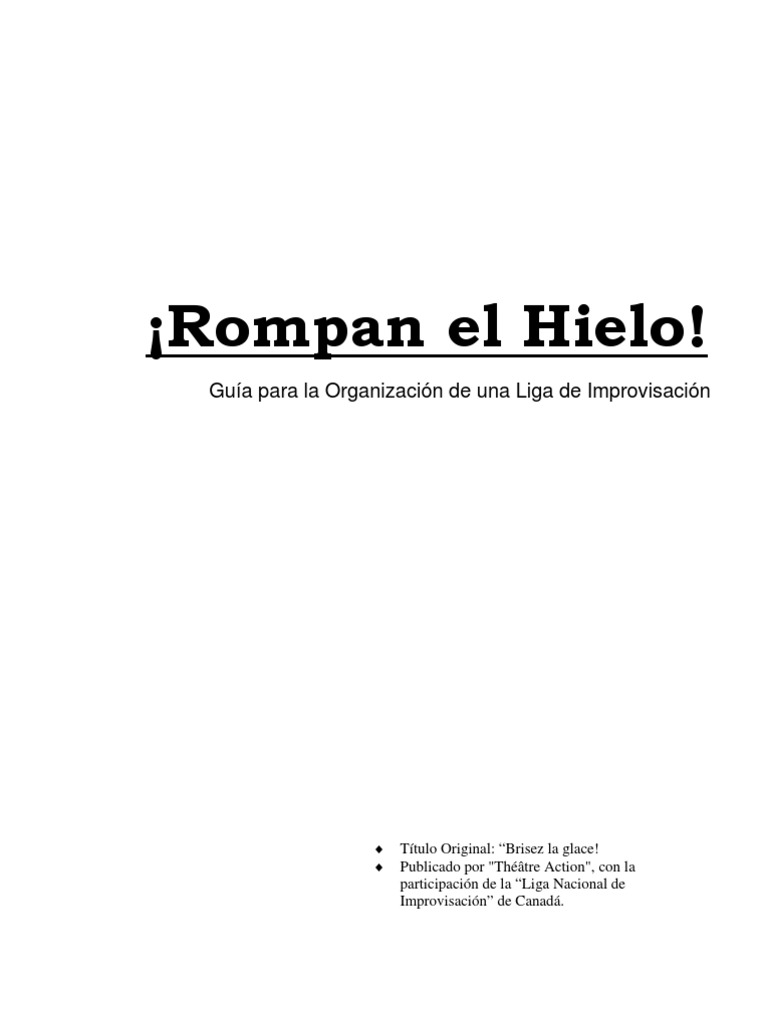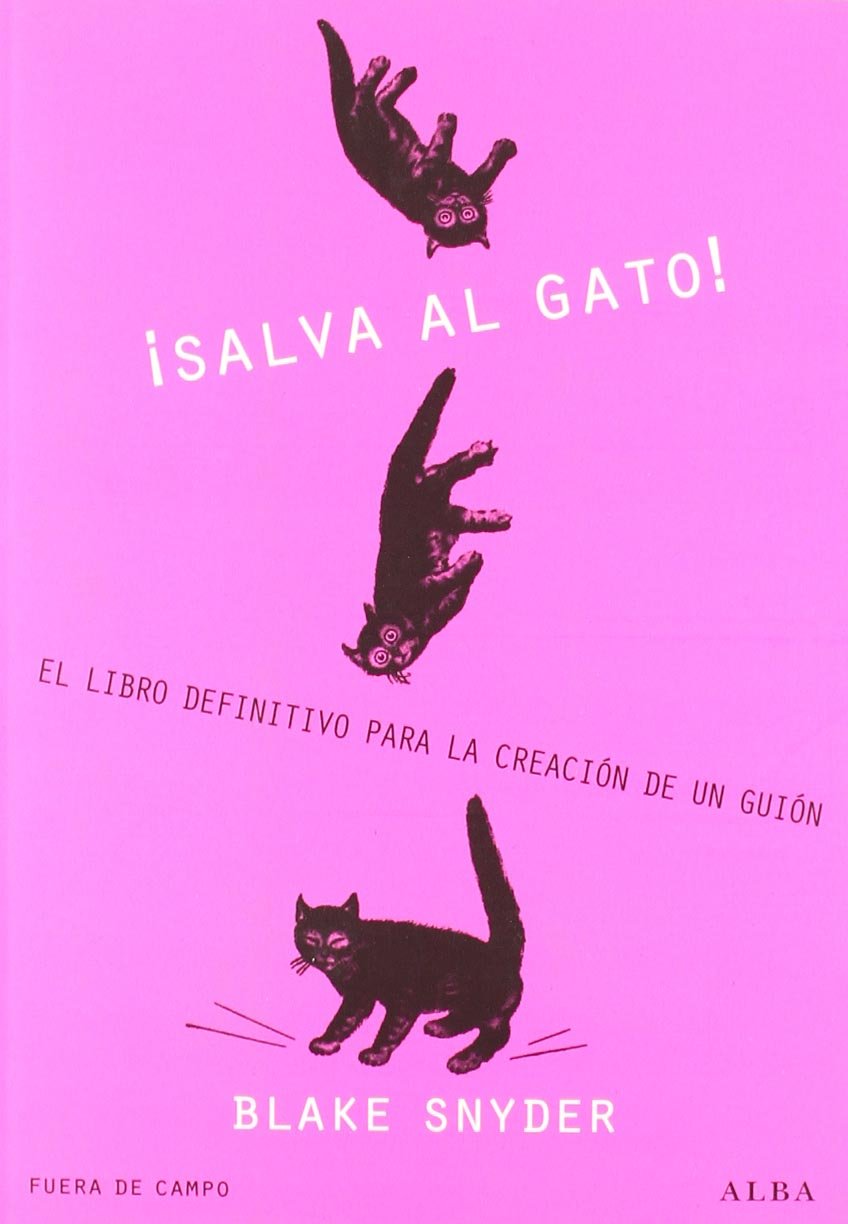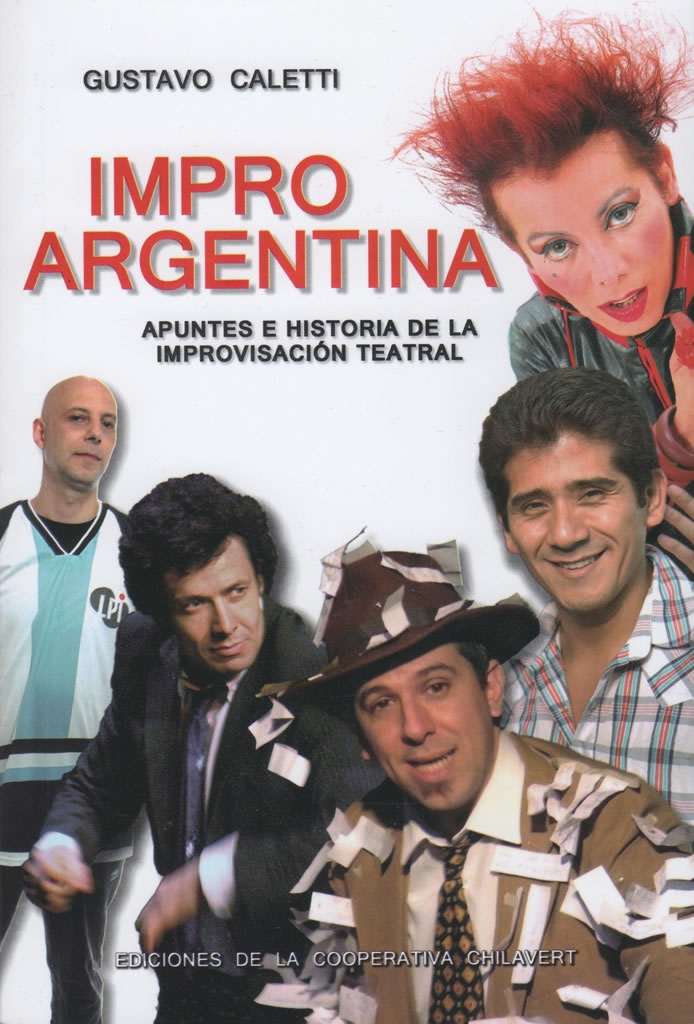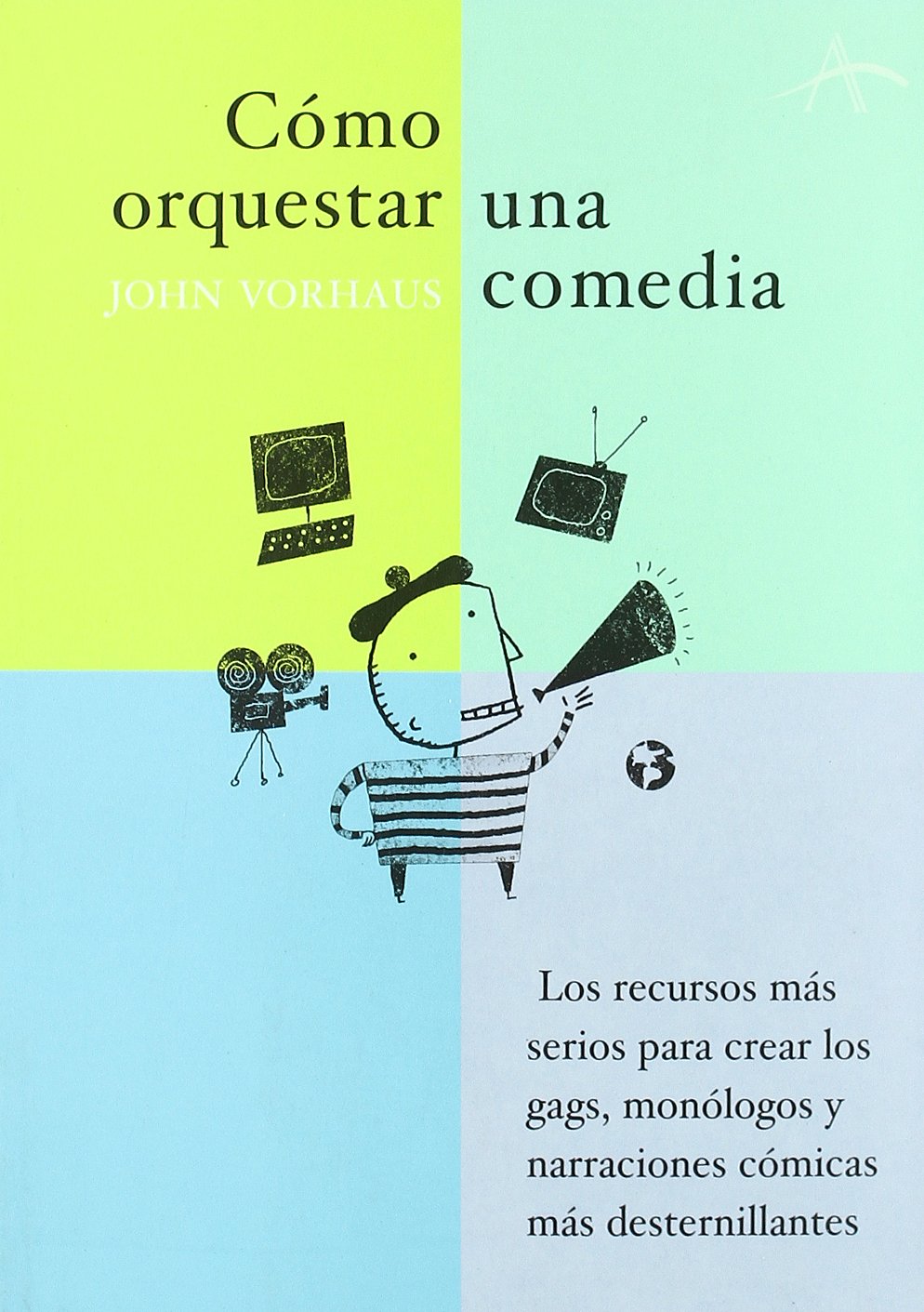Jesús Jara transmits to us a new concept of what a clown is in terms of its projection and transcendence beyond the limits of the performing arts, and makes it available to trainers, teachers, pedagogy students, instructors, entertainers, professionals of the theater and amateurs a tool that is, at the same time, fun and practical. In the first part, he carries out a brief historical study on the development of the clown in theater, cinema and the circus. In the second, he reveals to us various aspects of his clown philosophy and offers us guidelines on the use of the nose, gaze, voice, costumes and makeup, as well as instructions regarding the trainer and his work. In the third, he offers a large number of games and exercises that help to know and develop the clown that each person has inside. Alfredo Mantovani, specialist in theater in education, prefaces this manual of clown techniques, stating that going in search of our own clown will always induce us to explore ourselves and recover our inner child. Playing as a clown is representing ourselves as girls and boys do when they play theater.
spanish
Discover how to improvise more effective comedic scenes! Through the “game of the scene” technique, you’ll be able to create memorable comedic moments in an easier, more efficient and more consistent way. Long Form Short Book is a book that goes through the basics of comedy improv from a different approach, to then delve deeper in the technique that has propelled the career of personalities like Amy Poehler (Parks and Recreation, Saturday Night Live), Donald Glover (Community, Star Wars), Aziz Ansari (Master of None), Kate McKinnon (Saturday Night Live), Ilana Glazer and Abby Jacobson (Broad City), Ellie Kemper (Unbreakable Kimmy Schmidt), D’Arcy Carden (The Good Place) among many others. In this book, you’ll learn how to: – Create scenic realities. – Better develop characters. – Perform comedy from truth. – What is and how to play game of the scene. – How to build an improv set and an improv form. Make your improvised scenes so effective the audience will think they’re previously written with Long Form Short Book!
This is a book about improvisational theater. Delve into the dramaturgical technique to perform a theatrical impro. Improvisation theater is experiencing a boom on the international scene, entering performance spaces around the world. People who dedicate themselves to this artistic discipline need to find technical texts to carry out their profession. “Architecture of an impro” proposes a work structure to be able to carry out improvisations, step by step, in a didactic way. It works on the author’s idea of making three simultaneous plots, as layers, that give depth to the stories that are they are going to create. “Architect of the ephemeral, Rafa offers a personal perspective of the transparent construction that sustains all impro. He carries under his arm plans that fortunately do not always coincide with mine, and here he displays them, shares them. I avoid counterpoint, I opt for listening and I learn from their guidelines.” Omar Galvan. Rafa Villena, Granada 1981. Since 2004 he has been working as a professional improviser. Director of La Tetera Impro! and actor in the company Improviciados. He has been a teacher of improvisation theater since 2009.
Are you a theater teacher and need material for your classes? Are you an actor and want to get together with others to explore acting techniques? Are you the director of a company, amateur or professional, and want to test the abilities of your actors? Or are you a fan who just wants to have a good time being silly with his friends? If the answer is yes, this is your book. It is divided in two parts. In the first, you will find 101 theatrical games, organized into four categories: In the second part, you can find 6 theater sessions that combine games from the four categories, classified by difficulties: This book can be obtained in digital format for less than €10
What is the big deal about improv? It’s fun. It strengthens our imagination, promotes self-confidence, increases spontaneity, promotes teamwork, and it’s magic: it creates something out of nothing. 101 IMPROV GAMES FOR CHILDREN AND ADULTS contains the basics: what improv is all about and how to do it, special instructions for how to teach improv to children, plus more advanced training on how to use your voice and body in ways you haven’t thought of before. It has helpful hints for creating scenes and environments out of thin air. All this plus 101 games with simple instructions, from easy warm-up games to over-the-top crowd pleasers such as Fairy Tales, Bizarre Games, On Your Toes and Narrative Games. This is the tenth in the Hunter House SmartFun activity books series, and the first one for adults as well as children. The book is a great resource for educators as well as for the professional actor or the layperson working with improv for fun. The book contains lively illustrations and is easy to use. Improv is about creating something out of nothing, but a really good improviser can create something great out of nothing. This book shows you how.
Brisez la glace! Organisation d’une ligue d’improvisation Este trabajo se publica en colaboración con la Ligue Nationale d’Improvisation y Éditions Gravel-Leduc Inc. Está especialmente dirigido a profesores, estudiantes de secundaria y estudiantes postsecundarios que deseen crear una liga. ¡Encontrarás ejercicios básicos, valiosos consejos sobre el arte de las justas, recomendaciones informadas para elaborar un presupuesto, establecer tus reglas y sugerencias para promocionarte!
Blake Snyder, one of Hollywood’s most successful screenwriters, delivers a snappy, funny, and frank painting of the backstage of the film industry. Save the cat! refers to one of his infallible theories to make ideas more attractive and any script more satisfactory and, above all, sellable. But, above all, save the cat! shows the tools that every screenwriter is obliged to master if he wants to sell his work.
Impro Argentina. Notes and History of Theatrical Improvisation. Impro Argentina is the result of an in-depth research work that included more than 40 interviews with personalities from the world of Impro and a thorough review of works on the genre. The first part of the book, NOTES, is a theoretical contribution to the genre of theatrical improvisation: an introduction to Impro for novices and reflection material for those initiated.In THE HISTORY, the second part, Impro’s 21 years in the Argentine theater scene are told for the first time, from its beginnings to the present. Gustavo Caletti does not ignore his preferential dual position: improviser on stage and interested observer of cultural processes. With this work he contributes to disseminate a passion for the stage that attracts more followers every day and, at the same time, debate the place of improvisation in the Argentine theater environment. Official website
A straightforward, often humorous workbook approach to comedy writing as creative problem-solving. In it, veteran Hollywood comedy writer John Vorhaus offers his tools of the trade to writers, comics, and anyone else who wants to be funny. Among these indispensable tools are Clash of Context, Tension and Release, The Law of Comic Opposites, The Wildly Inappropriate Response, and The Myth of the Last Great Idea. Readers will learn that comedy = truth and pain (the essence of the comic situation), that fear is the biggest roadblock to comedy (kill the ferocious editor within and rich, useful comic ideas will flow), and much more.
It could not be missing from the Workshops collection (Reading Workshop, Theater Workshop and Voice Workshop), practical work material to play and be able to organize a theater workshop for children. The book offers an abundant amount of possibilities that can be used to organize recreational and theatrical learning sessions with children and young people.

